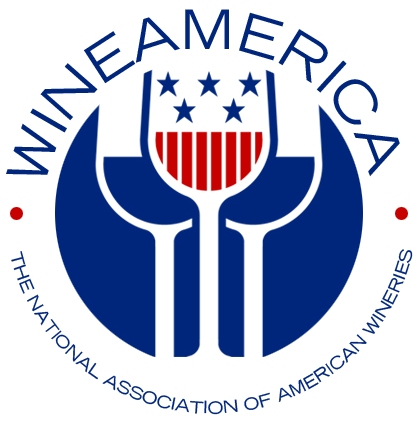3.7.2016
By Michael Kaiser
Small Bills Bubbling Under the Radar
With the presidential election in full swing, and with many Senators and Members of Congress seeking re-election, there will not be many substantive bills either passed or signed into law this year. However, there are several active bills that could impact the wine and grape industries.
GMO Labeling
The Senate Agriculture Committee passed a bill out of committee that would invalidate any state GMO labeling requirement and establish a federal voluntary labeling system. The bi-partisan proposal would implement the following standards:
- Provides definitions for the voluntary labeling of genetically modified (or bioengineered) foods
- Authorizes the Secretary of Agriculture to draft and implement regulations establishing a national voluntary bioengineered food labeling standard. The regulation must prohibit express or implied claims regarding safety or quality based on whether food is or is not bioengineered or produced or developed with the use of bioengineering and include a process to determine other factors and conditions for food to be labeled as bioengineered
- Directs USDA to provide science-based education, outreach and promotion in coordination with other Federal agencies.
- Requires a mandatory report to Congress on the availability of information regarding whether food is or is not bioengineered or whether bioengineering was or was not used in the development or production of food, including labels authorized under Federal and state authorities, as well as private voluntary programs.
- Defines food according to the Federal Food, Drug, and Cosmetic Act.
- Establishes a federal labeling standard and prohibits state labeling of products
It is unclear what, if any, the impact will be for the wine industry. As this would establish a voluntary labeling standard and prohibit individual state labeling standards, wineries would not be required to change any of their labeling. The Vermont state bill that requires mandatory GMO labeling currently exempts alcohol. That bill, which goes into effect on July 1, would require food manufactures to create labels specific to Vermont.
Along with this voluntary bill (which now will face a full Senate vote) a group of four senators have introduced a mandatory labeling bill. The Biotechnology Food Labeling Uniformity Act, introduced by Democratic Sens. Jeff Merkley of Oregon, Patrick Leahy of Vermont, Jon Tester of Montana and Diane Feinstein of California, would create a mandatory federal labeling standard. The bill would amend the Food, Drug and Cosmetic Act and would allow manufactures to label the following ways:
- Allowing the use of a parenthesis following an ingredient to indicate that the ingredient is “genetically engineered.”
- Identifying GM ingredients with an asterisk and providing an explanation at the bottom of the ingredients list.
- Applying a catch-all statement at the end of the ingredient list stating the product was “produced with genetic engineering.”
- An FDA approved symbol to indicate genetically modified ingredients
It is unclear if the Senate will act on the mandatory bill, the House passed a voluntary labeling bill last year, and the full Senate is expected to take up the bill soon.
Menu Labeling Delay
The House has passed the “Common Sense Nutrition Disclosure Act” by a vote of 266-144. The bill, written to amend the chain restaurant menu labeling requirements that go into effect on December 1, would delay the implementation of the requirements and change how the requirements are listed. Alcohol products listed on standard menus of establishments with twenty or more locations (see our story on it here) must include their calorie and serving size information. The bill would allow restaurants to develop their own serving size standards and develop calorie counts on their recommended serving size and would allow for the use of USDA and FDA accepted ranges for calorie counts. The bill would also allow establishments that primarily derive their sales from delivery will be allowed to disclose their nutritional information in an online format. If the bill is passed as written, the Secretary of Agriculture will have a year to draft the new regulations amending the current requirements, and then allow a year before they are implemented.
***
Questions? Contact Michael Kaiser, Director of Public Affairs, mkaiser@nullwineamerica.org
WineAmerica is the national voice of the American wine industry. Based in Washington, D.C., WineAmerica represents wineries in 43 states and leads a coalition of state and regional wine and grape associations. As an industry leader, WineAmerica encourages the dynamic growth and development of American wineries and winegrowing through the advancement and advocacy of sound public policy.


